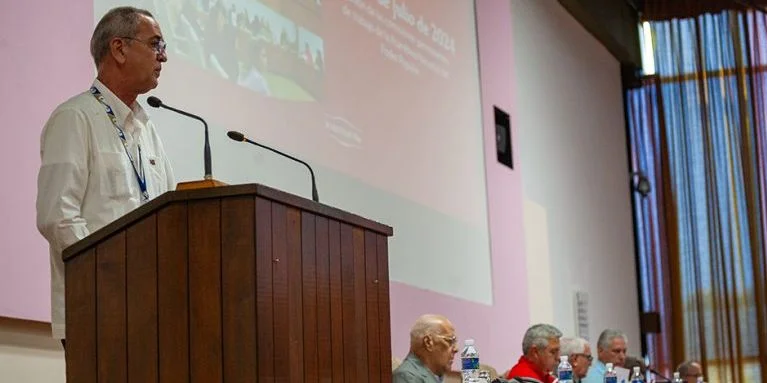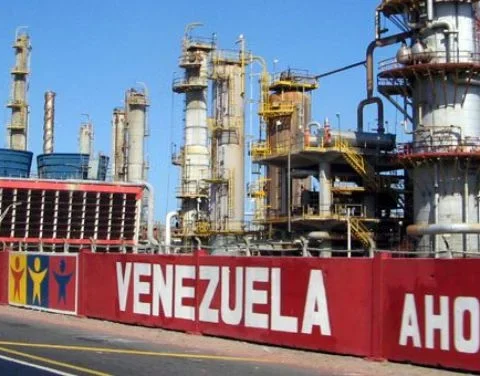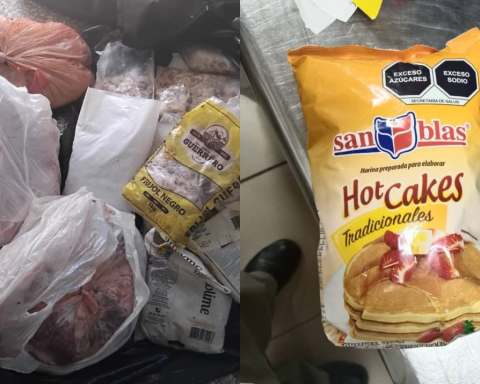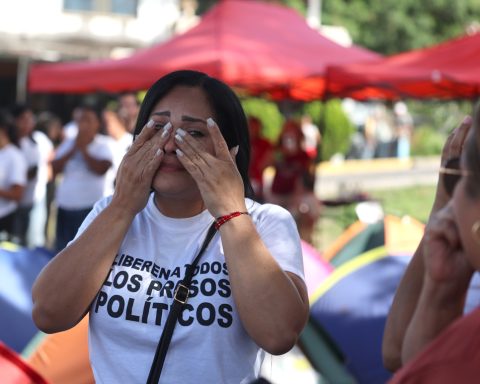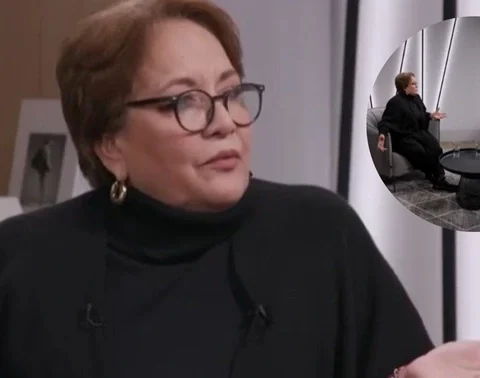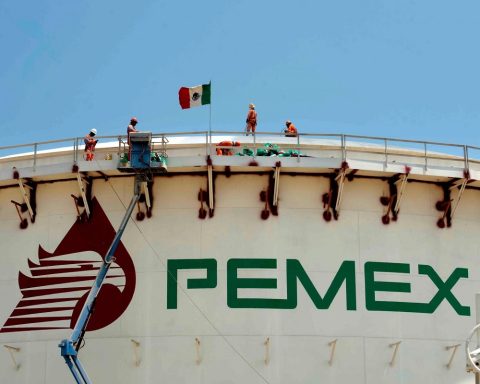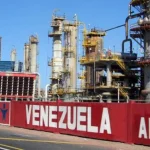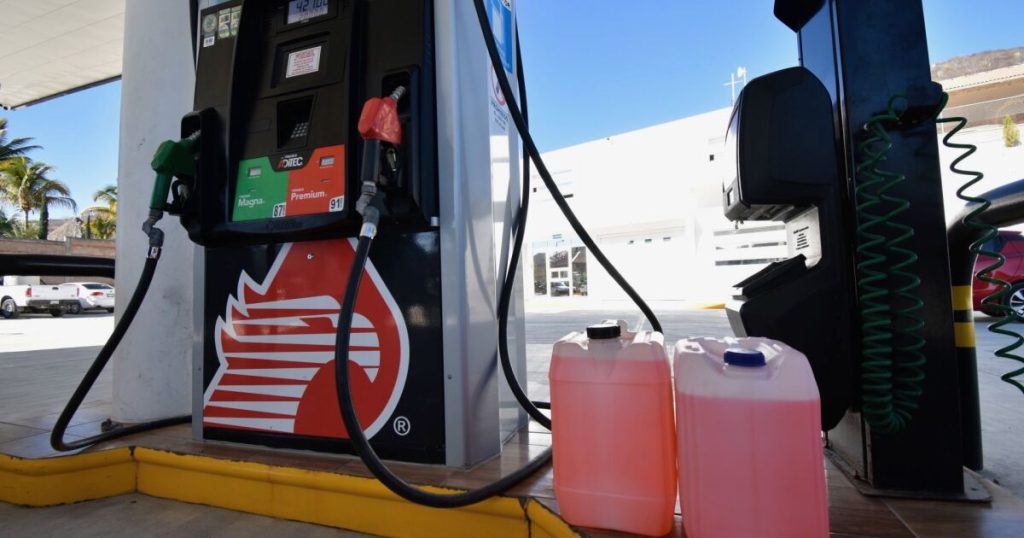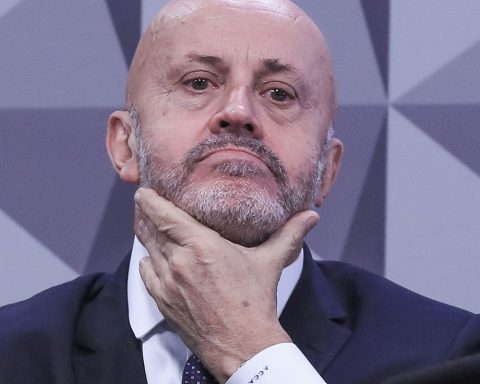MIAMI, United States. – Cuban economist Pedro Monreal launched strong criticism on Friday of the Ministry of Economy and Planning (MEP) for its recent management, especially in relation to Decree 107/2024, which introduces new restrictions to the non-state sector and will come into force on September 19.
In a thread on social network XMonreal accused the MEP of being incompetent in handling the current stagflation crisis on the island and of resorting to propaganda to hide the reality of its policies.
“The Cuban Ministry of Economy and Planning, incompetent in managing stagflation, seems to be trying its luck in the propaganda arena, boldly lying when it says that the new rules for the non-state sector ‘are not prohibitions,’” Monreal wrote.
The economist pointed out that Decree 107/2024 introduces a total of 19 new prohibitions that were not present in Decree 49/2021, which previously regulated non-state activity.
He also questioned the MEP’s claim that the new rules do not impose more restrictions, calling the language used by the ministry “newspeak” designed to confuse. “It is also not true that the new rules ‘do not implement more restrictions’. Ministerial newspeak uses the expression ‘adjust the scope’ to refer to what are simply restrictions. Who are they trying to confuse?” he asked.
The economist highlighted that Decree 107/2024 includes 16 new specific restrictions within the framework of authorized activities, many of which are motivated by the defense of the state monopoly. “The verifiable fact is that Decree 107/2024 includes 16 new specific restrictions within the framework of authorized activities, not a few inspired by the cult of the dogma of the state monopoly,” he noted.
Finally, Monreal criticized MEP officials for not recognizing that distortions in business management are the result of a dysfunctional system and their own mistaken political decisions. “The enthusiastic ‘correctors’ and ‘reorienters’ of the Ministry of Planning act as if they do not understand that ‘distortions in business management’ did not come out of nowhere. They are the result of a dysfunctional system and their own economic policy blunders,” he concluded.
This month, the Cuban regime expanded the list of prohibited activities for Micro, small and medium-sized enterprises (MSMEs)non-agricultural cooperatives and self-employed workers on the Island, as stated in the Decree 107/2024.
Among the activities that will be prohibited for the private sector are the manufacture and repair of medical equipment, including its installation. According to the new regulations, “dental materials, medical supplies and expendable material for exclusive use in human health may only be sold to the public health system.”
In addition, Decree 107/2024 imposes restrictions in the forestry and fisheries sectors. Timber extraction and other activities related to forest resources will be off-limits to the private sector. Similarly, fishing for certain protected species is prohibited.
Another area affected by the new regulations is the management of sewage systems and wastewater treatment in settlements with populations of over 1,000 inhabitants, an activity that will also be exclusive to the state sector.
Wholesale trade, one of the activities that many self-employed workers had considered to expand their operations, will also be banned under the new rules.
The regime also maintains a ban on the establishment of private academies and teaching centres. According to the regulations, “non-state forms of management do not award degrees in any of the teaching modalities or issue certificates for courses or workshops.” In addition, music and other arts teachers will not be able to carry out these activities in state institutions.
Likewise, Decree 107/2024 prohibits the convening and organization of international events, as well as the development of cultural programming activities. This includes music, performing arts, plastic arts and cinema, among others. The creation, promotion and marketing of artist catalogues will also not be permitted, which will directly affect those who are dedicated to cultural and artistic management independently.
Following the announcement of the new legal norm, Monreal also stressed In X, “more than half of the prohibitions contained in these new regulations are concentrated in key productive sectors such as agriculture and industry.” The specialist stressed that these areas are essential for the Cuban economy and that the new limitations will only aggravate the material shortages that citizens already face.
In the agricultural sector, although agricultural activities and the production of charcoal and firewood are permitted, these must strictly follow current production schemes and comply with current regulations on land use. In addition, it is established that “charcoal for export can only be marketed by its producers, and honey can only be marketed to state-owned companies.”
Another prohibition that has caused concern is the one related to the sale of goods purchased in the retail trade network, both retail and wholesale. The sale of unmanned vehicles, whether air, land or sea, and the sale of security and physical protection equipment are also prohibited.
The new provisions also restrict the professional practice for commercial purposes without state representation to artists, with the only exception being that provided for in Decree-Law 373 “On Independent Audiovisual and Cinematographic Creators.”
